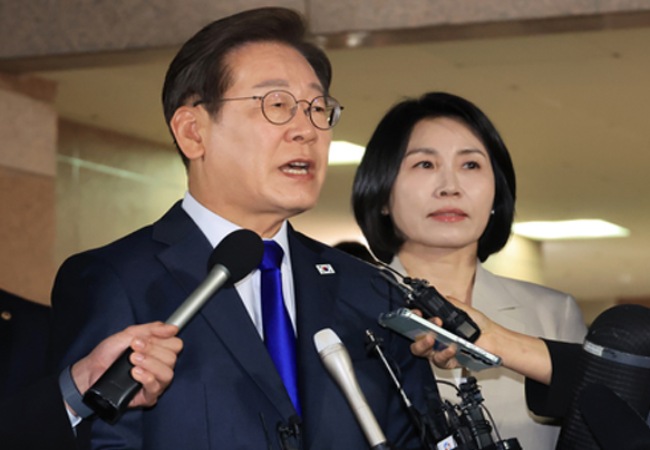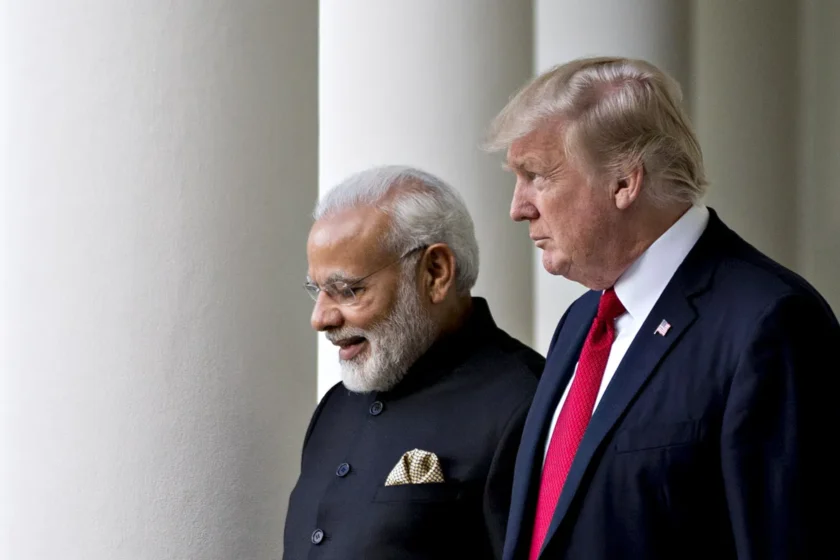Seoul: The recent election of Lee Jae-myung as South Korea’s new president, with a significant 49.42% of the vote, marks a pivotal moment for a nation that has recently grappled with political upheaval and instability. Lee’s resounding victory, securing nearly 2.9 million more votes than his closest rival, Kim Moon-soo, is not merely a change in leadership; it is a clear mandate from the South Korean populace for the restoration of democracy and a renewed commitment to stability.
This election unfolded against a backdrop of public discontent, fueled by the perceived failures of the previous administration and an aborted attempt to impose martial law. Such events undoubtedly deepened the public’s yearning for a leader who could steer the country back towards normalcy and reinforce its democratic foundations. Lee’s pledge, delivered before the National Assembly, to “create a country where the people are truly the owners of power, where democracy is fully restored, and where there is no fear of coups or rebellions,” directly addresses these anxieties. It signals a conscious effort to rebuild trust in democratic institutions and prevent a recurrence of the recent turbulent past.
Furthermore, Lee’s commitment to prioritizing economic recovery and improving the living standards of the people resonates deeply with the electorate. In an era of global economic uncertainties, a focus on tangible improvements in daily life is a powerful promise. His overwhelming win, surpassing even the vote count of Yoon Suk-yeol in 2022, underscores the widespread desire for change and a fresh direction.

The gracious concession by his opponent, Kim Moon-soo, acknowledging the public’s decision and extending congratulations, further reinforces the democratic process in South Korea. This civility, even in defeat, is vital for fostering national unity and allowing the new administration to focus on its critical tasks.
In essence, Lee Jae-myung’s presidency represents a new dawn for South Korea. It is a testament to the resilience of its democracy and a powerful reminder that even in times of political turbulence, the will of the people ultimately prevails. His administration now carries the weighty responsibility of fulfilling the promise of restored democracy, enhanced stability, and a better quality of life for all South Koreans. The world will be watching to see how he navigates these challenges and delivers on the significant mandate he has been given.









